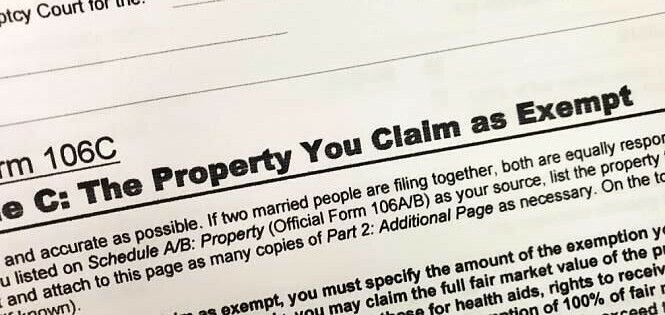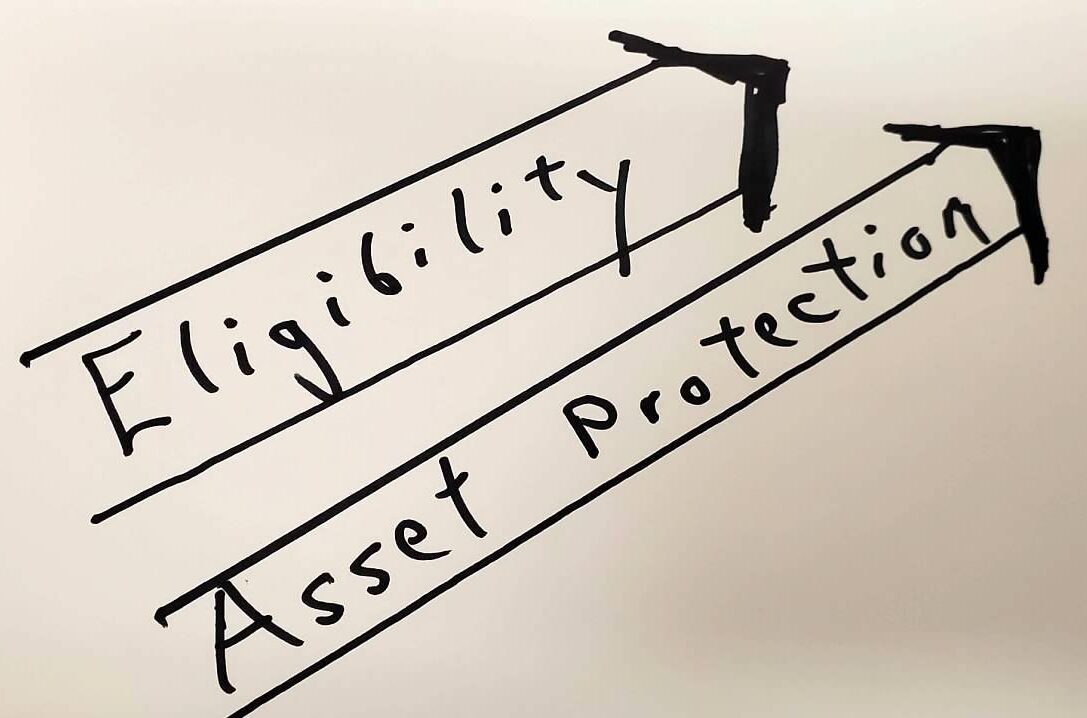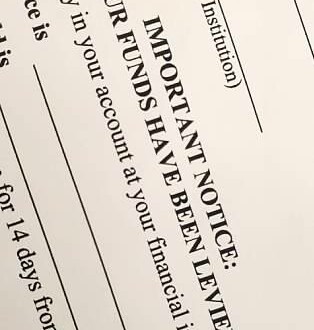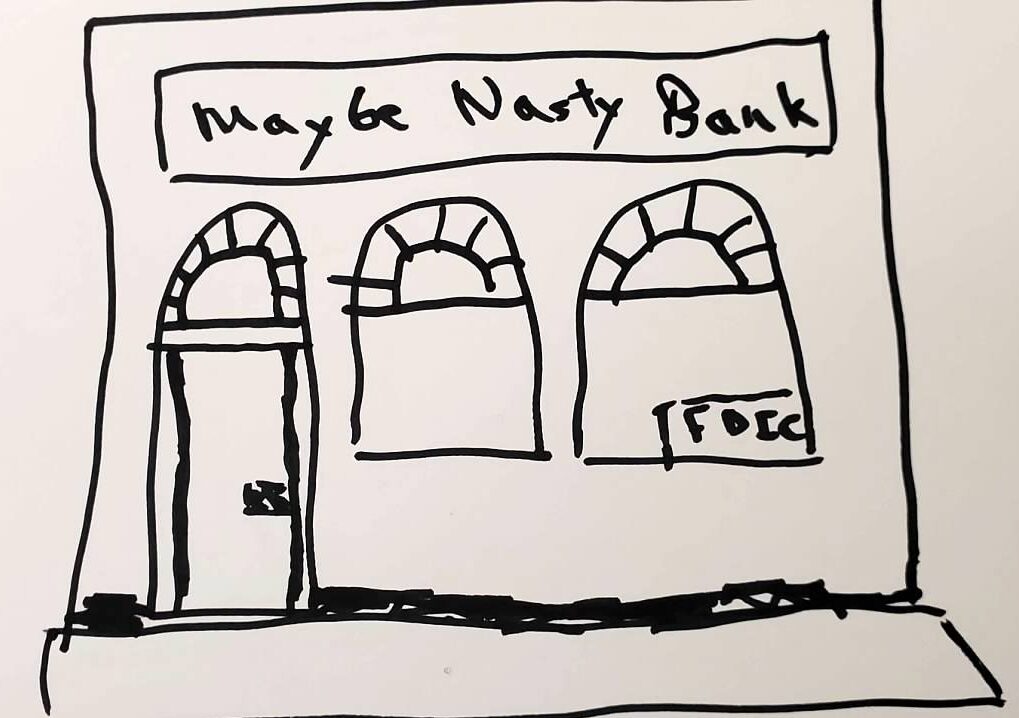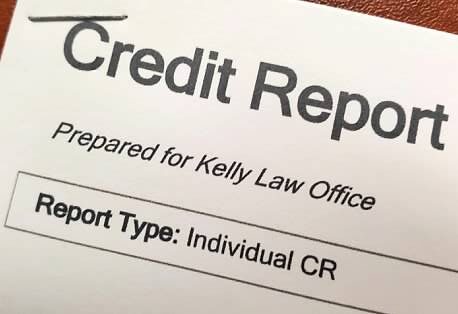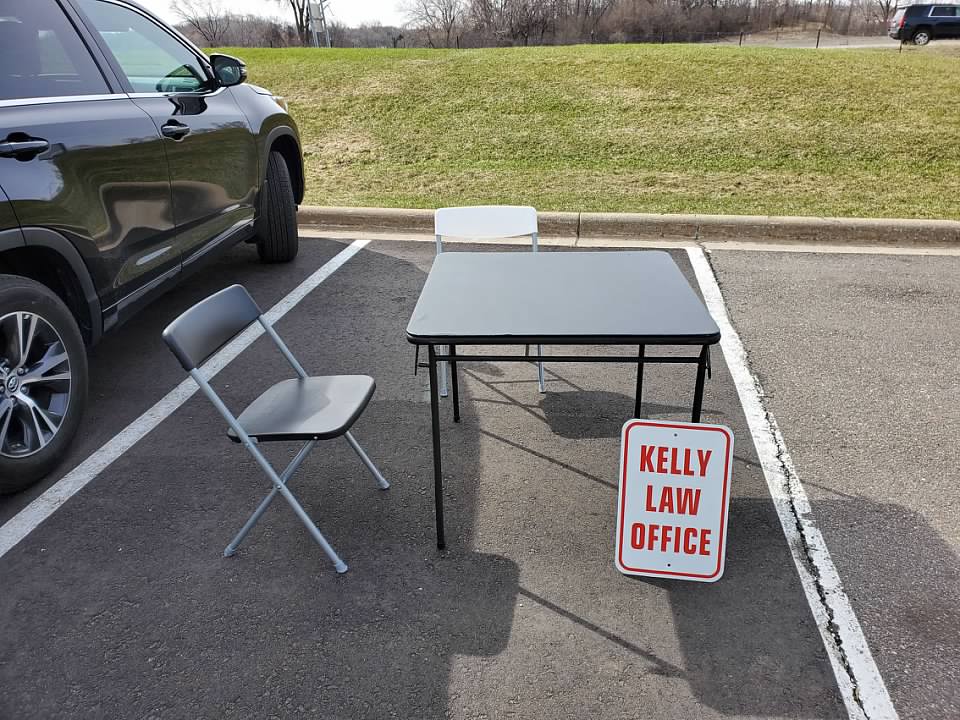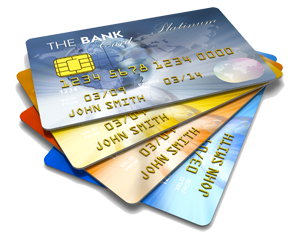By Dave Kelly, Minnesota Bankruptcy Lawyer
In a Chapter 7 bankruptcy if you want to keep your assets and belongings, they have to be claimed as exempt under an applicable exemption law. In Minnesota there are two exemption laws to choose from, the federal list and the state list. I have written a lot elsewhere about why one would choose one list or the other. That is not my topic here. I just want to talk about how most of the state exemptions are going up in a few days. The federal exemptions were increased on April 1st this year. I covered that in a recent blog post.
On July 1st in even numbered years, certain parts of the Minnesota state exemptions are updated to keep up with inflation. Since this year is even numbered, we are about to have another update. I am glad to see that all the numbers which can be changed are going up.
Summary of Minnesota Exemption Increases
- Household furniture, household goods increased from $11,250.00 to $11,700.00.
- Wedding rings increased from $3,062.50 to $3,185.00.
- Tools of the trade increased from $12,500.00 to $13,000.00.
- Life insurance benefits increased from $50,000.00 to $52,000.00.
- Additional dependent insurance benefits increased from $12,500.00 to $13,000.00.
- Motor vehicle increased from $5,000.00 to $5,200.00.
- Insurance policies increased from $10,000.00 to $10,400.00.
- Employee benefits (retirement accounts) increased from $75,000.00 to $78,000.00.
- Homestead (limited to 160 acres) increased from $450,000.00 to $480,000.00.
- Homestead used primarily for agriculture increased from $1,125,000.00 to $1,200,000.00.
Our Minnesota State Exemptions Remain Far from Perfect
For a more complete rundown on how this all works, take a look at my exemptions page. These state exemptions leave a lot to be desired. They have a lot of gaps which seem to always allow the bankruptcy trustees to require my clients to buy back some of their stuff. Most jewelry is not exempt. Most electronics are not exempt. There is no exemption that covers tax refunds, and there are issues with money in bank accounts. I have ranted about this on this blog before. The legislature needs to fix it but they don’t.
The Minnesota state exemptions are primarily good for one thing. They allow you to protect lots of equity in your homestead, unlike the federal exemptions which are very limited in that area. I don’t think any of the increases here have kept up with the real rate of inflation; so in fact we seem to be loosing ground.
If you don’t properly claim any asset as exempt, you risk losing it to the trustee. It’s tricky and risky and should not be attempted without a lawyer.

